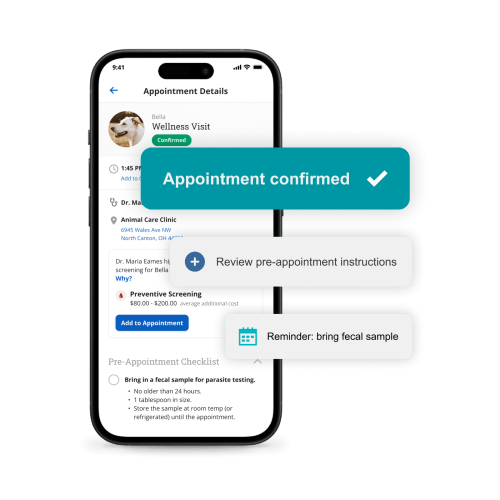Tales from the Frontline: How Learning About Psychological Safety Helped Me be a Better Leader

Veterinary medicine has faced unprecedented times of growth in the past few years. We have navigated and dodged crisis after crisis. We are often overworked and short-staffed. We are stretched thin and often worn-out day to day. So, while we have navigated growth in our caseload, we may lose sight of growth within our practices. So how do we encourage growth when it feels like we have done everything we can do?
There are several resources and studies that delve into psychological safety. Psychological safety is defined as the belief that one will not be punished or humiliated for speaking up with ideas, questions, concerns, or mistakes. We all would like to believe that as leaders we provide this to our team members. That we encourage our team to learn, use critical thinking and to grow. Sure, it sounds easy when you read a blog article or hear about it in a conference room. But what does promoting psychological safety look like in real time?
Back story, my practice has been under immense change the past year. One of those challenges was the decision to finally go paperless. I created documents to get histories, SOAPS and medical notes completely computerized. It was daunting, and I was proud of all the work I put into this project. Recently I had an assistant come to me and say that the history templates they were using were an absolute nightmare for them. All the assistants felt that the flow was off and that the format just wasn’t how they spoke to clients in the exam room. Internally, my first reaction was one of hurt. That shifted to anger. I had spent all this time working on this. How dare they not appreciate my efforts? Why do I even bother trying to do things to make their lives easier? It was uncomfortable for me as I smiled and nodded and took in that feedback.
I chose to let those emotions pass and realized that I was making this about me. I realized that it didn’t matter how I felt about the history form if the people using it every day found it daunting. In that situation, I encouraged the assistant to create a format they could all agree on that got all the necessary information. Once they did that, I deleted my template and uploaded theirs to the software. I also had the buy-in for the assistants to use a form that they felt met their needs.
Psychological safety can be uncomfortable. It means that as leaders we have to hear what our people are telling us. We must be open to ideas and change that we didn’t create. Psychological safety means having a team that is willing to bring ideas, suggestions and even feedback that may sting a little bit. I want teammates that feel they can bring these things and won’t be minimized, belittled or mocked. I would prefer that over holding onto the pride of work I’d done previously. We can’t expect our team to embrace change and growth if we don’t embrace it with them.
Book a chat with an IDEXX software expert to learn how our cloud software can help your practice.




